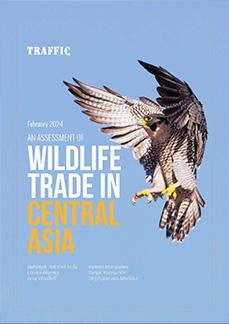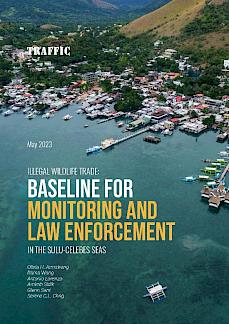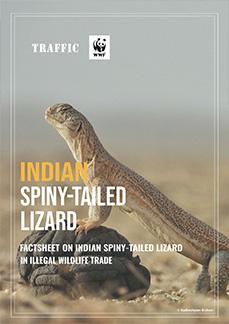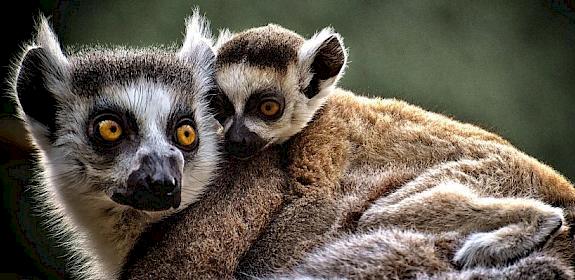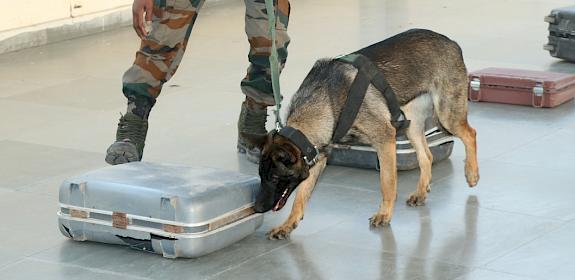
Johnston's Chameleon Chamaeleo johnstoni, traded within the exotic pet market © Brian Harries / CC Generic 2.0
i
saving species from unsustainable pet trade
Many species of lizards, turtles, and tortoises are highly prized as exotic pets the world over.
Far too often, many of these are sourced from the wild, with little thought to the long term impacts on their population numbers. Many CITES-listed specimens are traded without licenses, or simply not reported, whereas others are poached from their habitats and enter illegal trade chains.
over 6,040
Indian Star Tortoises were seized globally in 2017
1,418,487
Nile Crocodile skins were exported from Africa between between 2006 and 2015
93,168
Ball Pythons were exported from Ghana to Asia between 2006–2015
social media
has taken over as the new epicentre for wildlife trade in exotic pets
50%
of turtles and tortoises observed on sale in Jakarta were threatened with extinction
Although many reptile species, such as Tokay Geckos, are bred in captivity in Southeast Asia for sale into the global pet trade, captive breeding can also be used as a mechanism to launder wild-caught specimens.
Without the appropriate levels of enforcement to not only stem illegal trade but identify and prosecute fraudulent import/export permits for protected species, it is confidently ensure that individual pet specimens have been sourced and traded legally and sustainably.
Captive Tokay Gecko ready for sale into the pet trade
i
reptile and amphibian focuses
legal trade from Africa
Many reptiles and amphibians destined for the pet or leather goods trade are sourced from Africa. Many of these are CITES-listed specimens, affording them enhanced protections to avoid threats to wild populations.
Recent TRAFFIC analysis of CITES-listed exports from African countries/territories to Asia found staggering volumes of live reptiles and amphibians, as well as skins and meat, were being traded. Nile Crocodile Crocodilus niloticus, Ball Python Python regius, Leopard Tortoise Stigmochelys pardalis, and various species of chameleon are some of the protected species being traded. We're pushing for enhanced information sharing and close trade monitoring to ensure reptile and amphibian trade from Africa does not reach unsustainable levels.
Nile Crocodiles at a breeding farm
i
Asian pet trade
The exotic pet trade is increasingly popular throughout Asia, with many consumers seeking rare, protected or wild-sourced species to satisfy their cravings.
Our market surveys and online monitoring continue to uncover a thriving trade in a wide variety of reptiles and amphibians, many of whose trade is often banned. A recent study into the use of Facebook to trade in live reptiles in the Philippines for example found that over 50% of the 5,082 specimens observed were CITES-listed, and that 80% of the traders could be deemed to be involved in illegal trading activities. The issue is widespread in the region, and requires transboundary efforts to enforce or tighten regulations and prosecute those found in breach of them to avoid further population declines.
Green Tree Python Morelia viridis found for sale on Facebook in the Philippines
i
related news, reports and materials to reptiles and amphibians
explore the latest TRAFFIC reports and news on our conservation work on reptiles and amphibians
reports related to REPTILES and AMPHIBIANS
Explore the latest publications, reports and papers from TRAFFIC related to the conservation of reptiles and amphibians.
Visit our resource library for the full TRAFFIC publication archive.
commercial breeding of Tokay Geckos in Indonesia
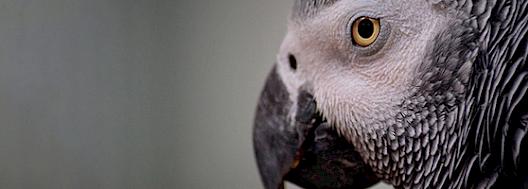
Trade Monitoring
Wildlife trade monitoring is at the heart of TRAFFIC's work, supporting our projects across the world with the latest research whilst simultaneously guiding the policy recommendations we make to governments, organisations and international conventions.
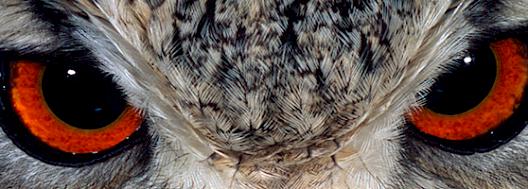
Trade in Wildlife Information eXchange
The African and European Union Trade in Wildlife Information eXchange's are online tools developed to facilitate information exchange and international co-operation between law enforcement agencies.

